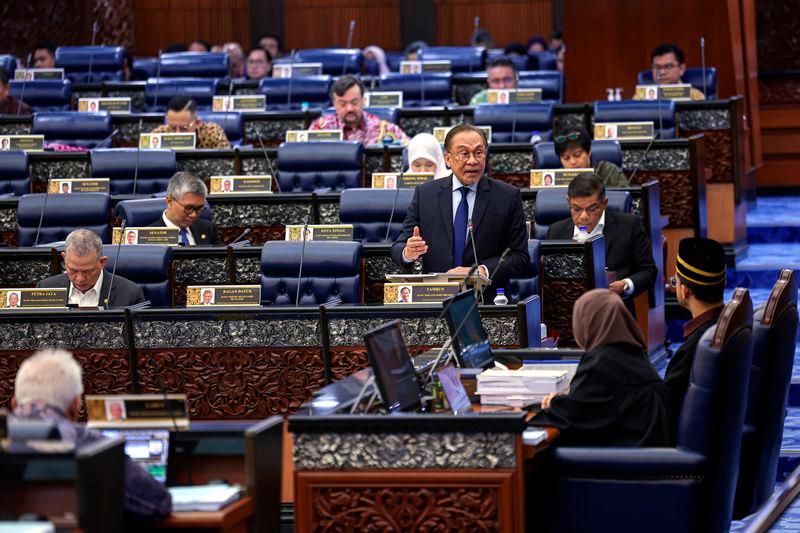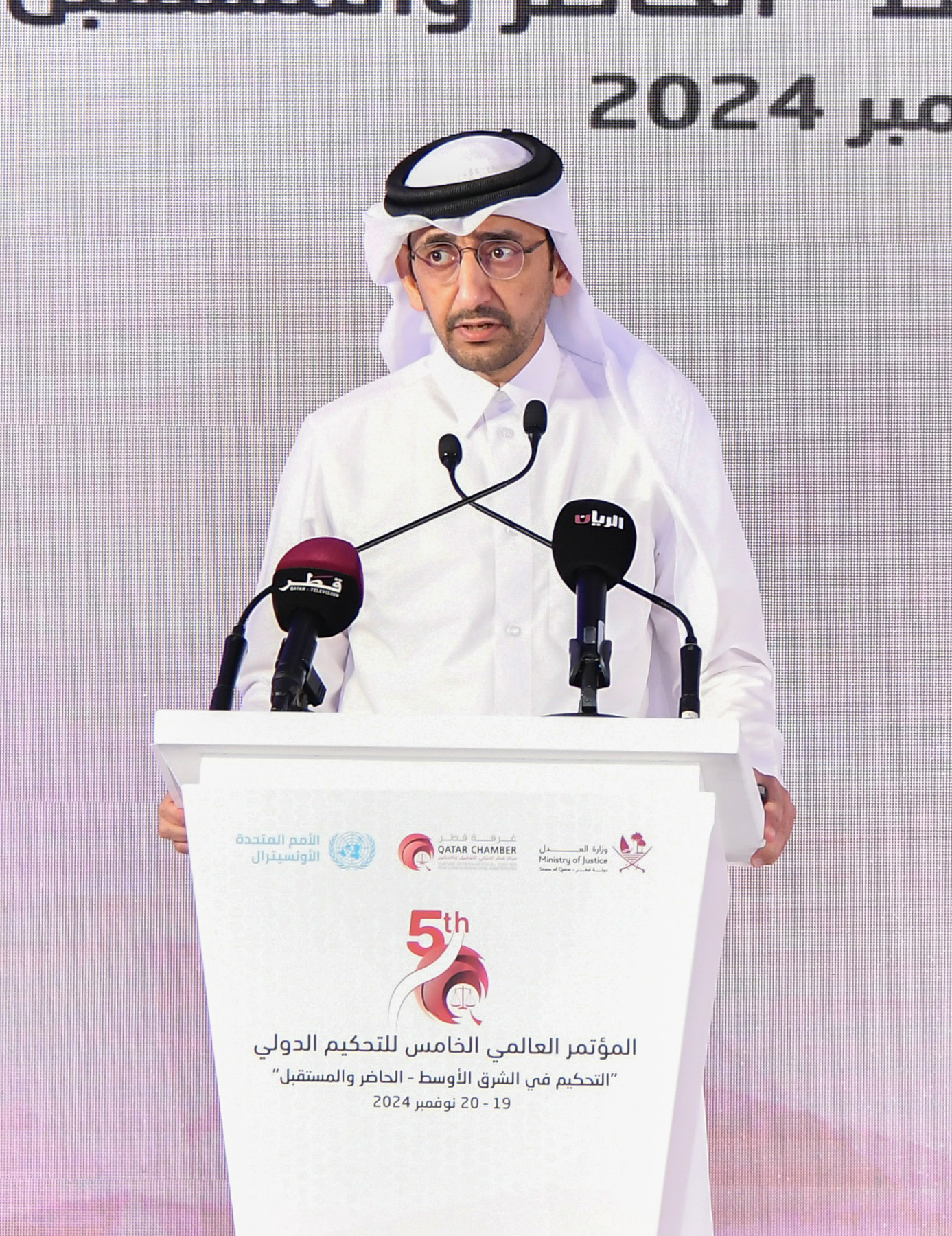A climate activist urged to incorporate climate change studies within school curriculums to export knowledge of climate change mitigation early on in life.
Qatar has one of the highest footprints for carbon emission in the world, making it a “moral imperative” for the Gulf country to contribute to helping least developed nations mitigate climate change, Yemen’s former minister of environment and water told Doha News.
“The more that you benefit from using fossil fuels, the more you should contribute to helping other unfortunate people, the world has to cooperate,” Abdul Rahman Al Eryani said at the sidelines of the 2023 Earthna Summit.
Qatar’s energy sector was the biggest contributor of carbon dioxide emissions in 2019. Overall, local energy emissions have increased by 433% between 1998 and 2019.
Qatar’s greenhouse emissions dropped by 3.9% in 2019 in comparison to 2016, according to the Arab Youth Climate Movement Qatar.
Data from 2017 found that Qatar is amongst the top five ‘worst’ countries with regards to air quality.
Nepal tops the list at 99.7%, with Niger at 94.1%, Qatar at 91%, India at 90.9%, Saudi Arabia standing at 87.9% and Egypt at 87%.
Many experts have linked the root cause of climate change to world powers and their abuse of natural resources, at the expense of less developed countries.
“These countries are probably the least responsible for climate change,” Al Eryani told Doha News.
“I think the more advanced nations that benefited from the industrial revolution and created huge wealth, the more responsibility they have to help these countries to adapt and acclimatise and mitigate climate change,” the former Yemeni minister added.
According to the Global Climate Risk Index, which analyses the human and economic toll of big extreme weather events, Pakistan has continuously rated among the countries most vulnerable to the effects of climate change.
This is despite the South Asian country being responsible for less than 1% of global carbon emissions.
Millions of people were affected by the disastrous floods and landslides that Pakistan’s 2022 monsoon season brought upon.
The horrific floods in Pakistan have prompted many to speak out on the issues of climate change and the major role countries play in exacerbating the dooming process.
“Climate change is a global justice issue. Rich countries like our own pump out massive levels of carbon emissions, while poor countries like Pakistan have to pay for it. With their crops, their homes, their lives,” Mehdi Hassan said on Twitter for MSNBC at the time.
Pakistan is one of the 10 countries majorly affected by the global climate crisis, although though the struggling South Asian country is “barely even responsible for this very global problem,” said Hassan.
Since 1959, Pakistan has been contributing 0.4% to the world’s historic greenhouse gas emissions. On a global level, the US accounts for 21.5% while China is responsible for 16.5% and EU countries make up 15%.
Gas and carbon emissions
QatarEnergy joined a group of oil and gas companies in an effort to diminish nearly all methane footprint produced during operations by the year 2030. The world’s biggest liquified natural gas (LNG) producer signed up to the Aiming for Zero Methane Emissions Initiative in June last year.
While climate pledges are typically centred around minimising greenhouse gas emissions, the focus is rapidly shifting towards methane footprint due to its nature of trapping more heat in the short term than its carbon dioxide counterpart.
Methane is more than 25 times as potent as carbon dioxide at locking heat in the atmosphere. Over the last two centuries, methane concentrations in the atmosphere have more than doubled, mainly due to human-related activities.
Unlike carbon dioxide, methane’s leakage into the atmosphere is not the result of combustion or fossil fuel-burning, as it actually represents the loss of a marketable fuel.
Methane is responsible for approximately a quarter of all the climate change already being experienced globally.
Natural gas, which is primarily made up of methane, is a major factor, if not the biggest, in the prosperity of Qatar’s economy and QatarEnergy’s activities.
The International Energy Agency’s (IEA) methane tracking found that oil and gas operations worldwide produced more than 70 million tons of methane into the atmosphere last year, describing it as “broadly equivalent to the total energy-related carbon dioxide emissions from the entire European Union.”
Climate change studies?
Also speaking to Doha News at the Earthna Summit, young climate activist Patience Nabukalu said: “I’m from Africa where we are hit the hardest by the consequences of climate change and yet we are least prepared for it. Uganda is the 12th vulnerable country when it comes to climate change.”
Highlighting the prominent role the youth play in spreading awareness and using their voice to educate future generations, Nabukalu said “we are the solution because we are the storytellers of what is really happening when it comes to climate change.”
“We are the youth that are moving to schools, to communities, to create climate awareness.”
She urged a move to incorporate climate change studies within school curriculums as a means of teaching climate change mitigation and avoidance early on in life.
“I completely and confidently stand to tell my leaders that climate change is essential to us because for example, I myself have grown up experiencing floods in my communities. I’ve seen people dying, seeing people lose property and I don’t know the whole [story] behind this,” Nabukalu told Doha News.
“But because I took geography to really go deep to know why I’m at the front line, why a lot of people are dying because of floods, it has made me a standing activist,” she asserted.
“And that’s what we are fighting now. It’s not for only us, it’s also for the next generations and the generations that are yet to come.”







